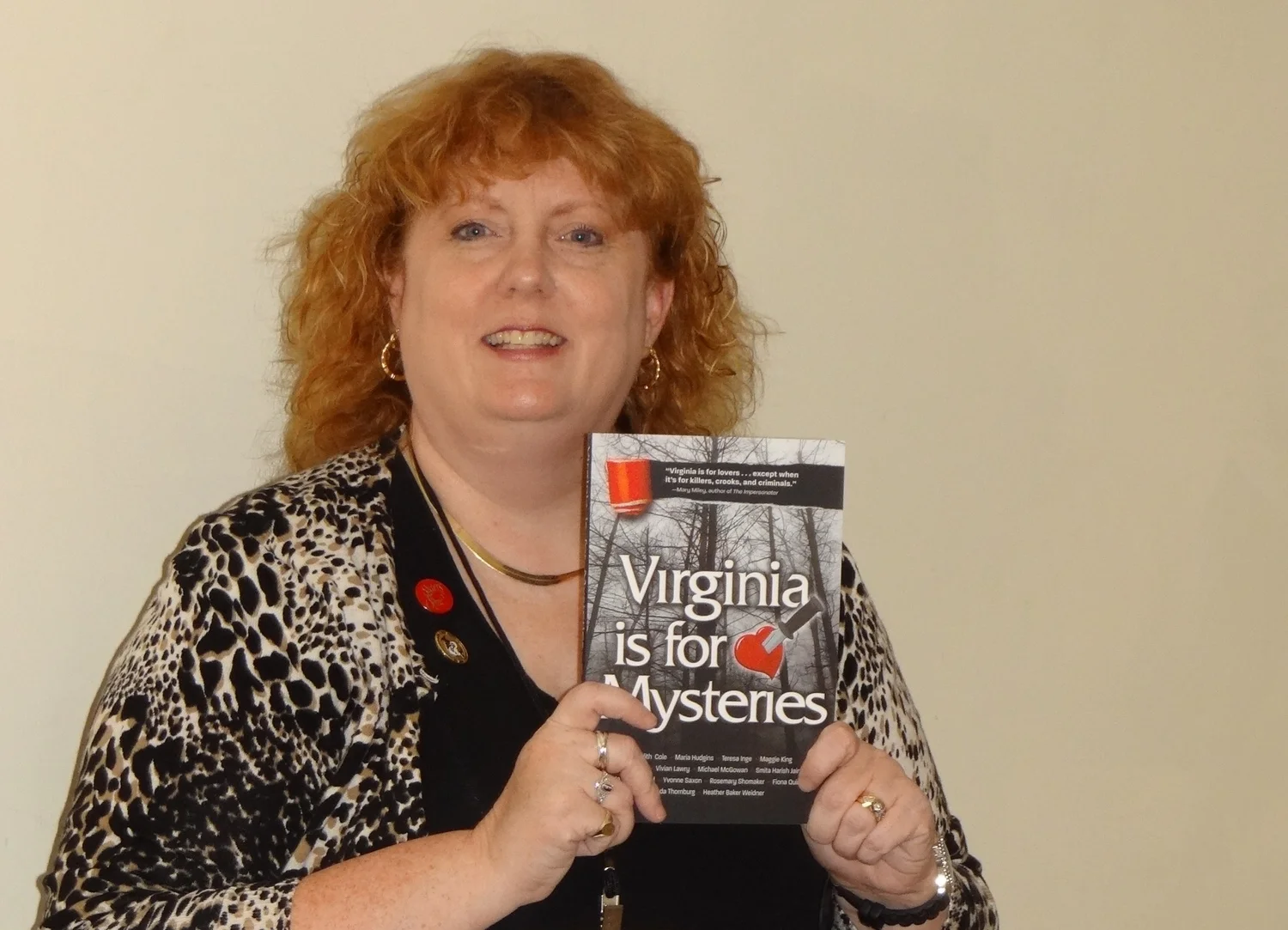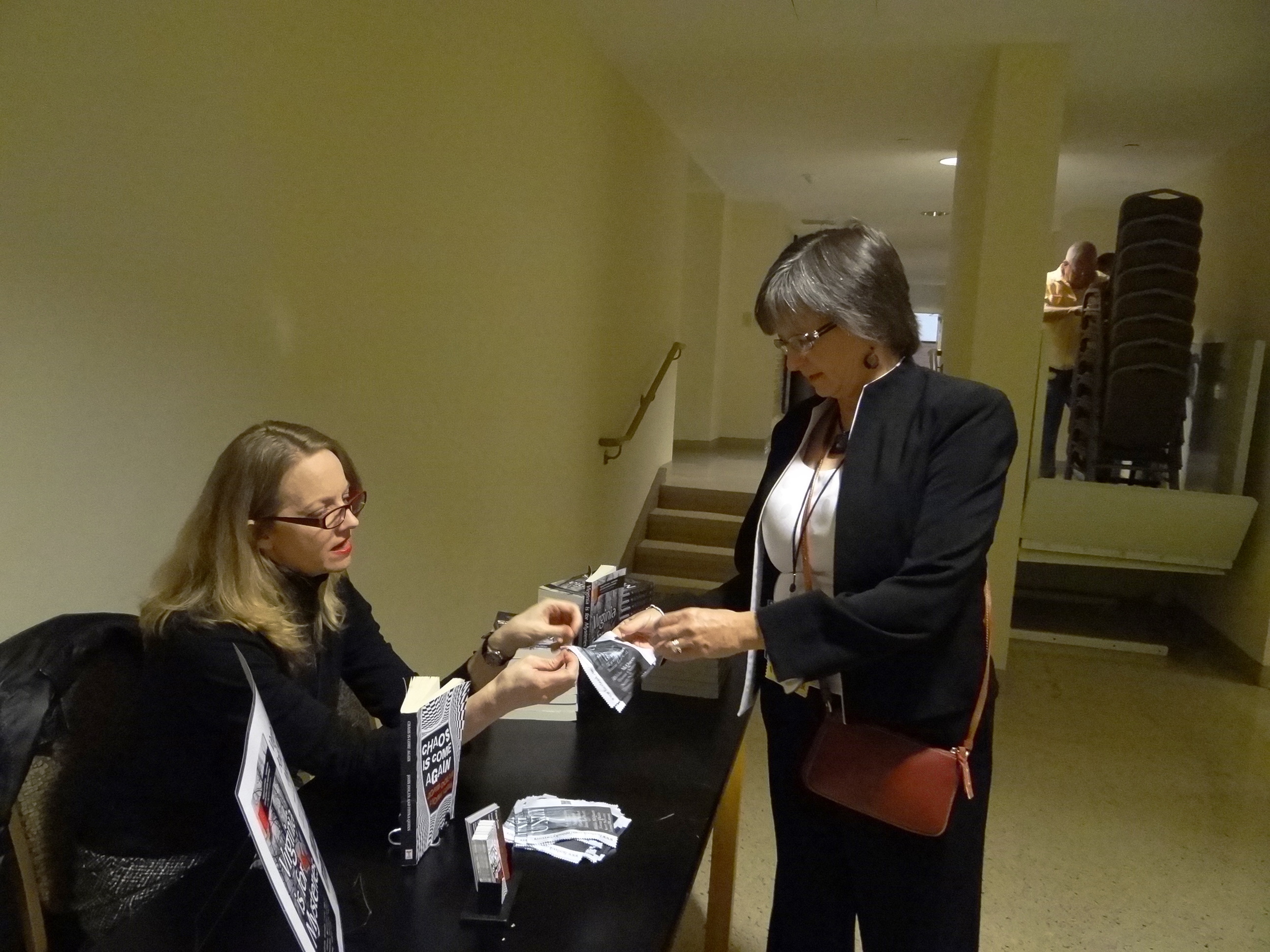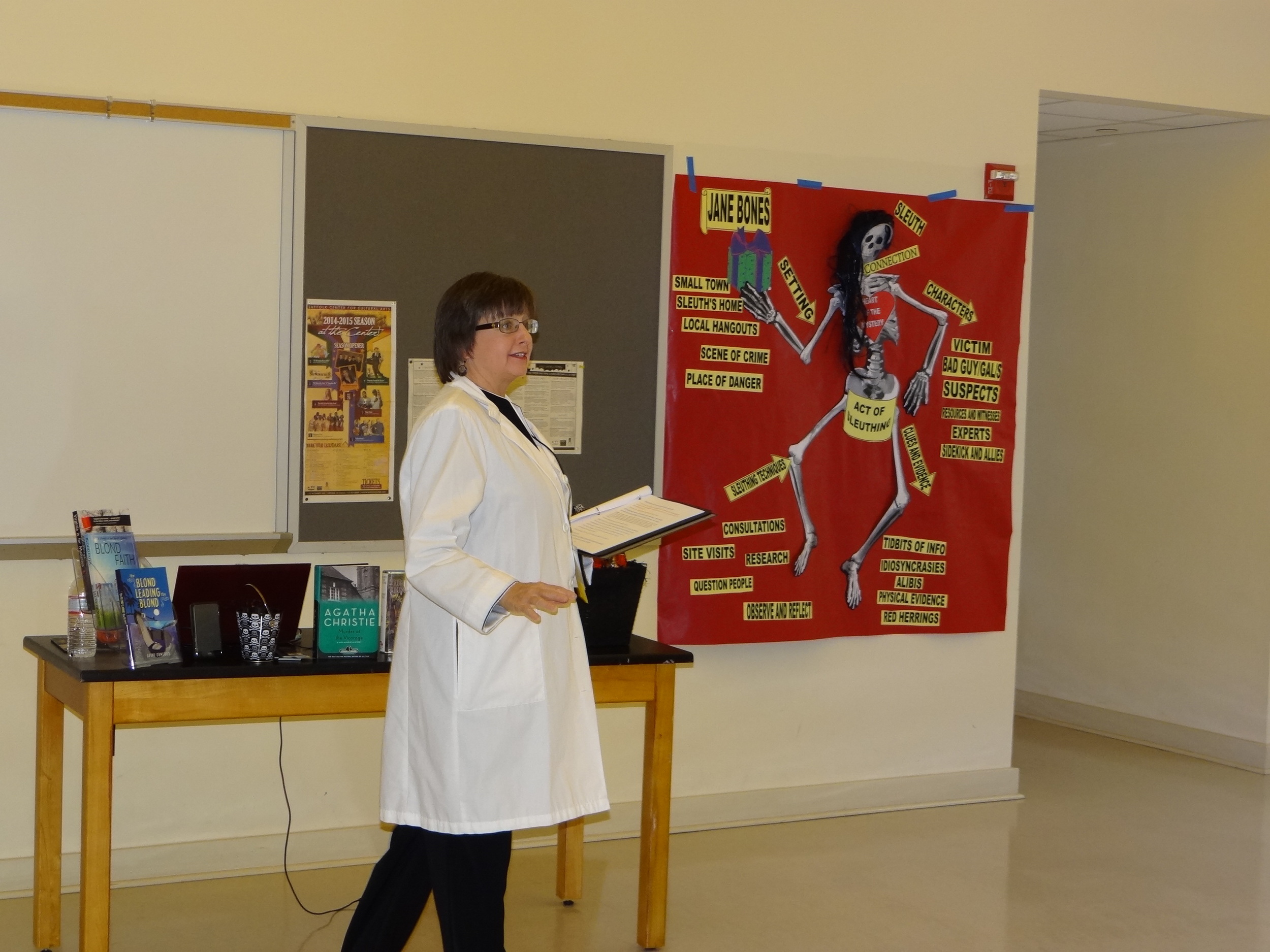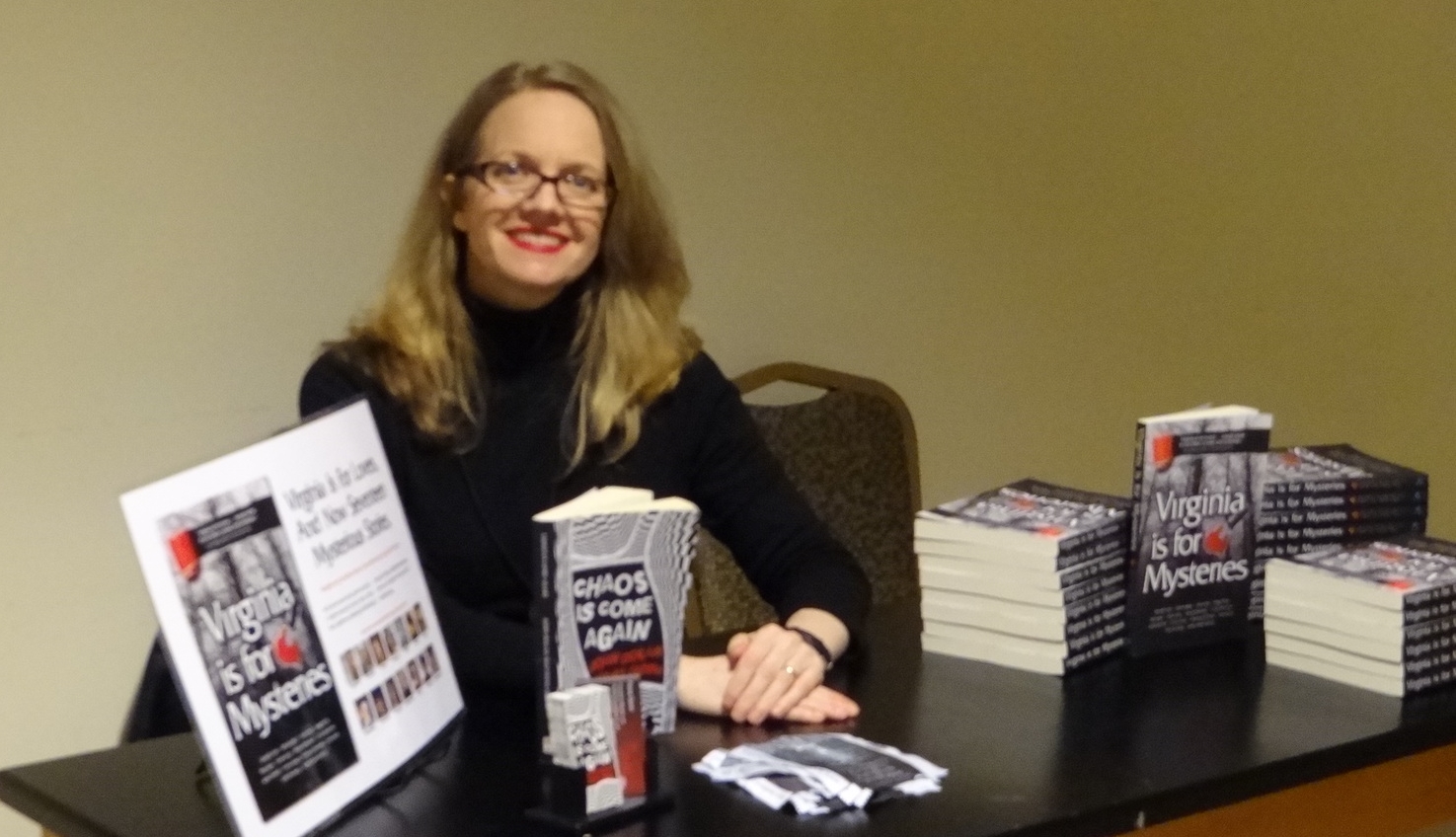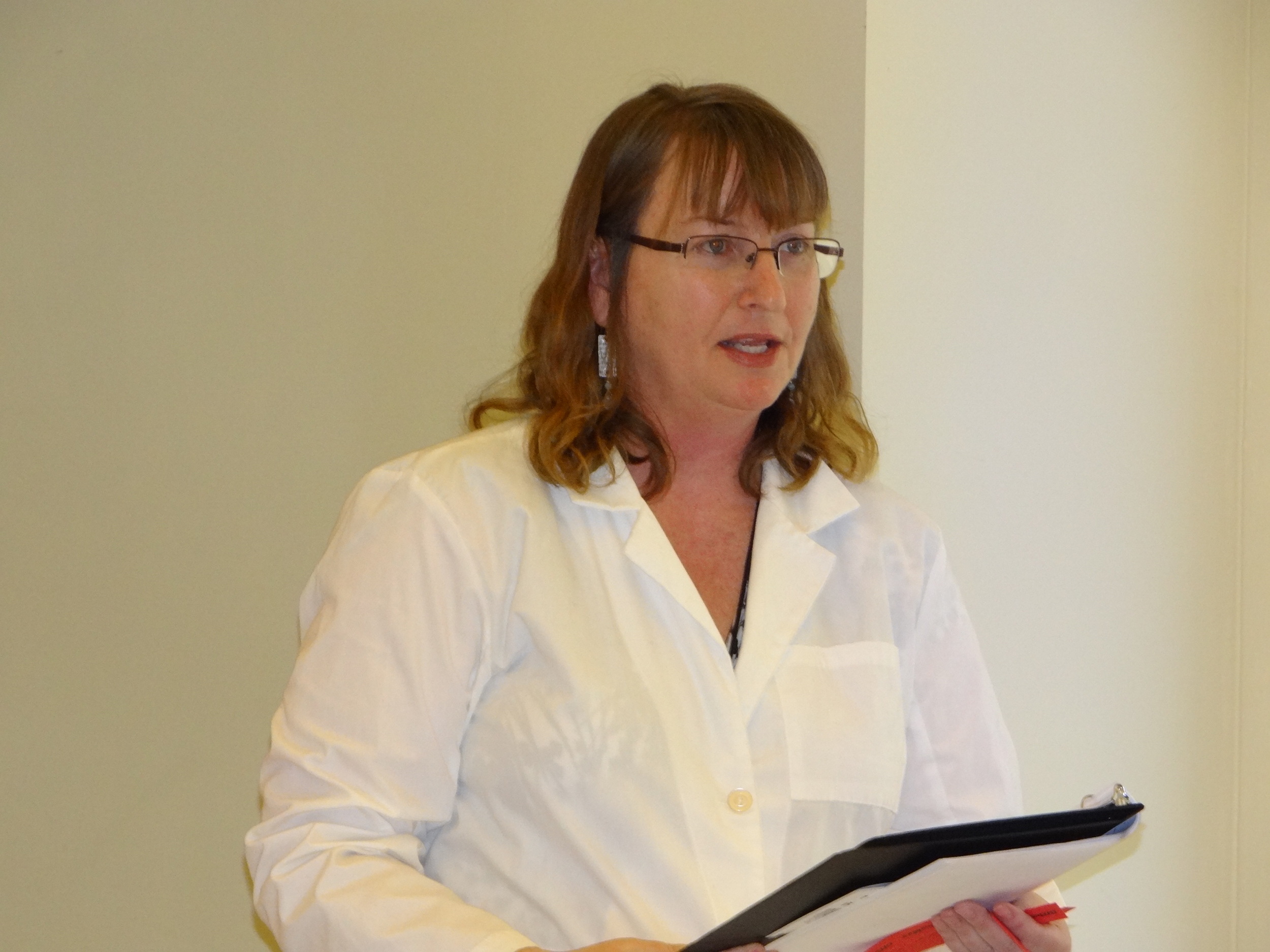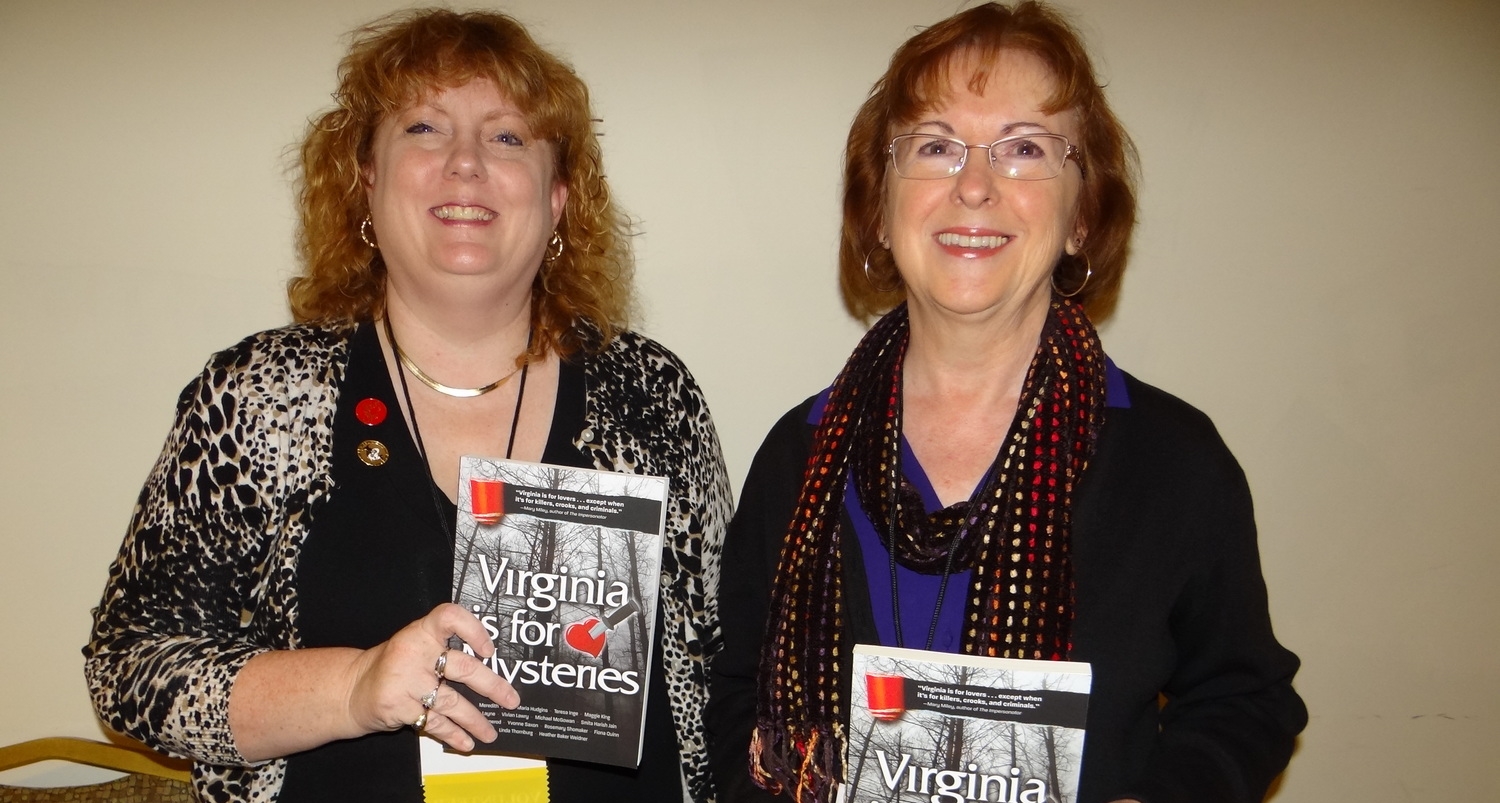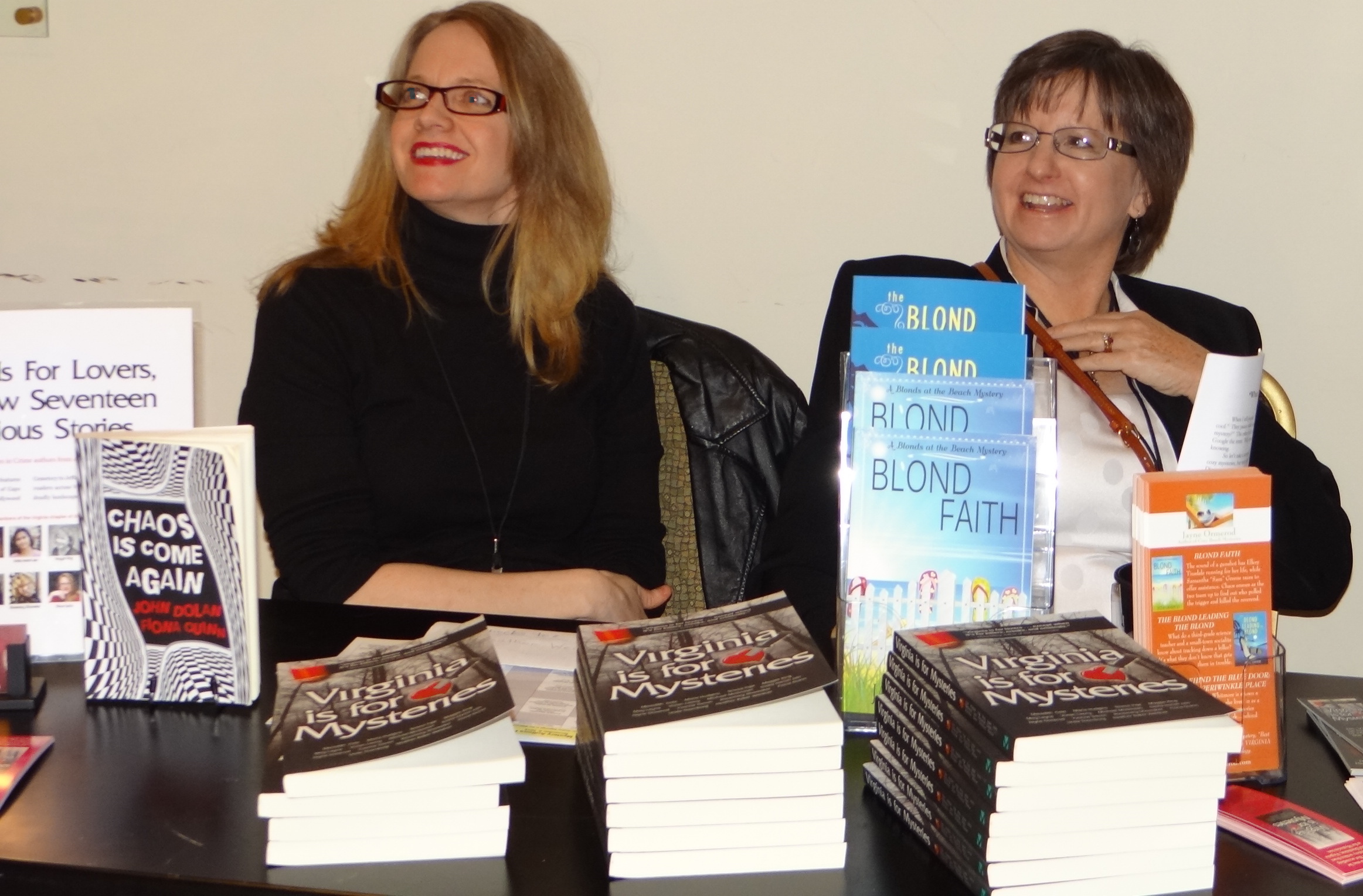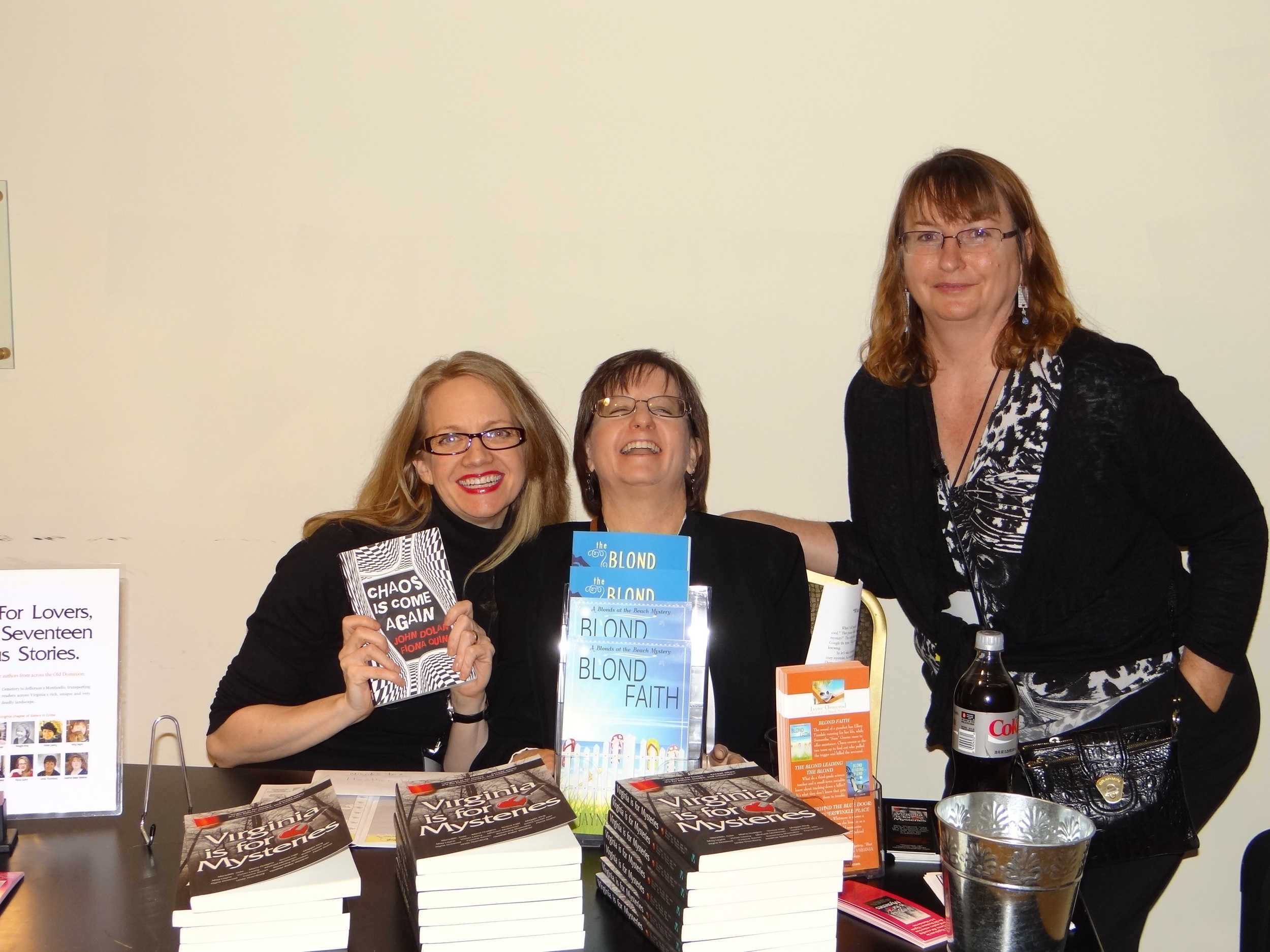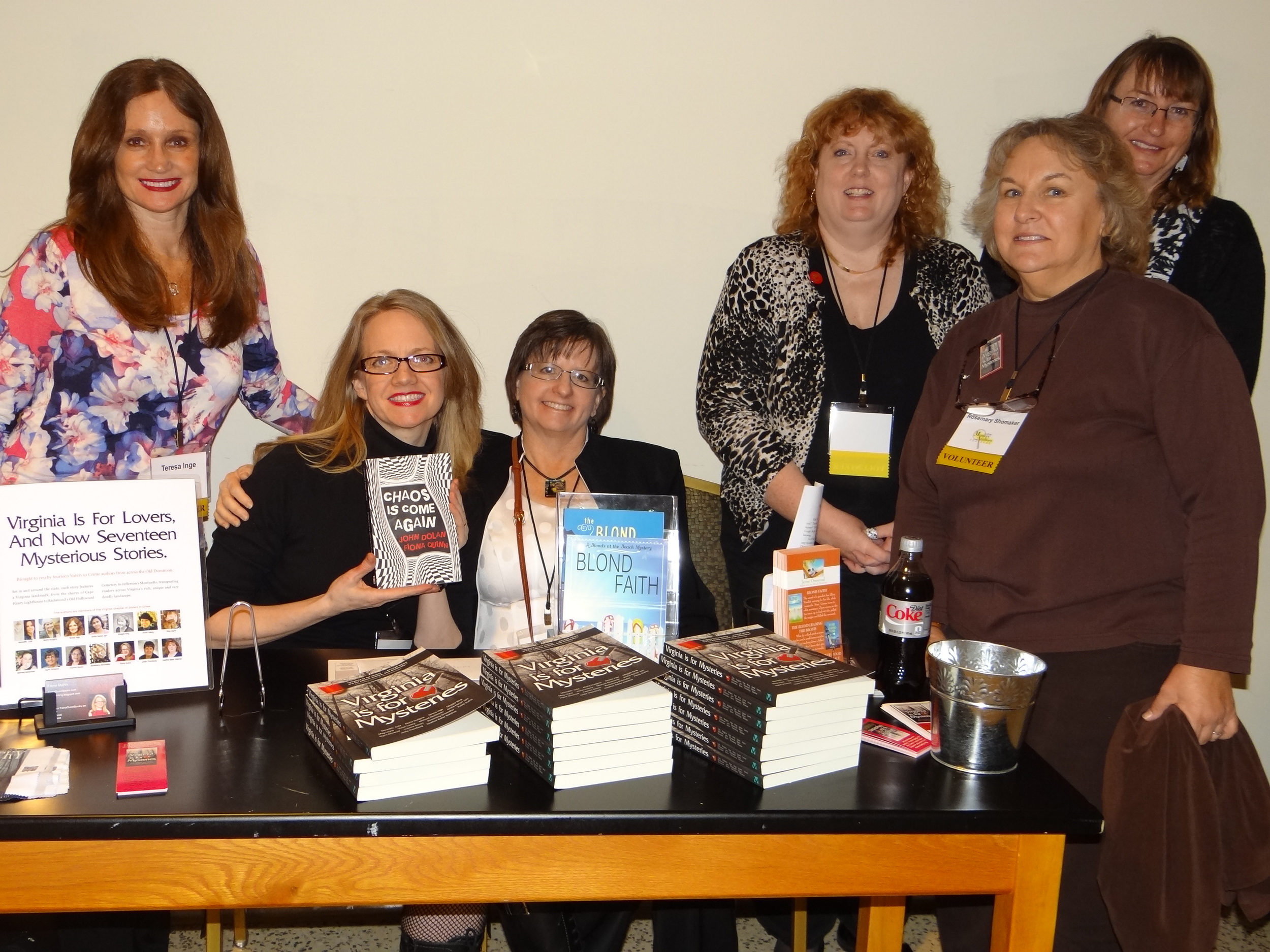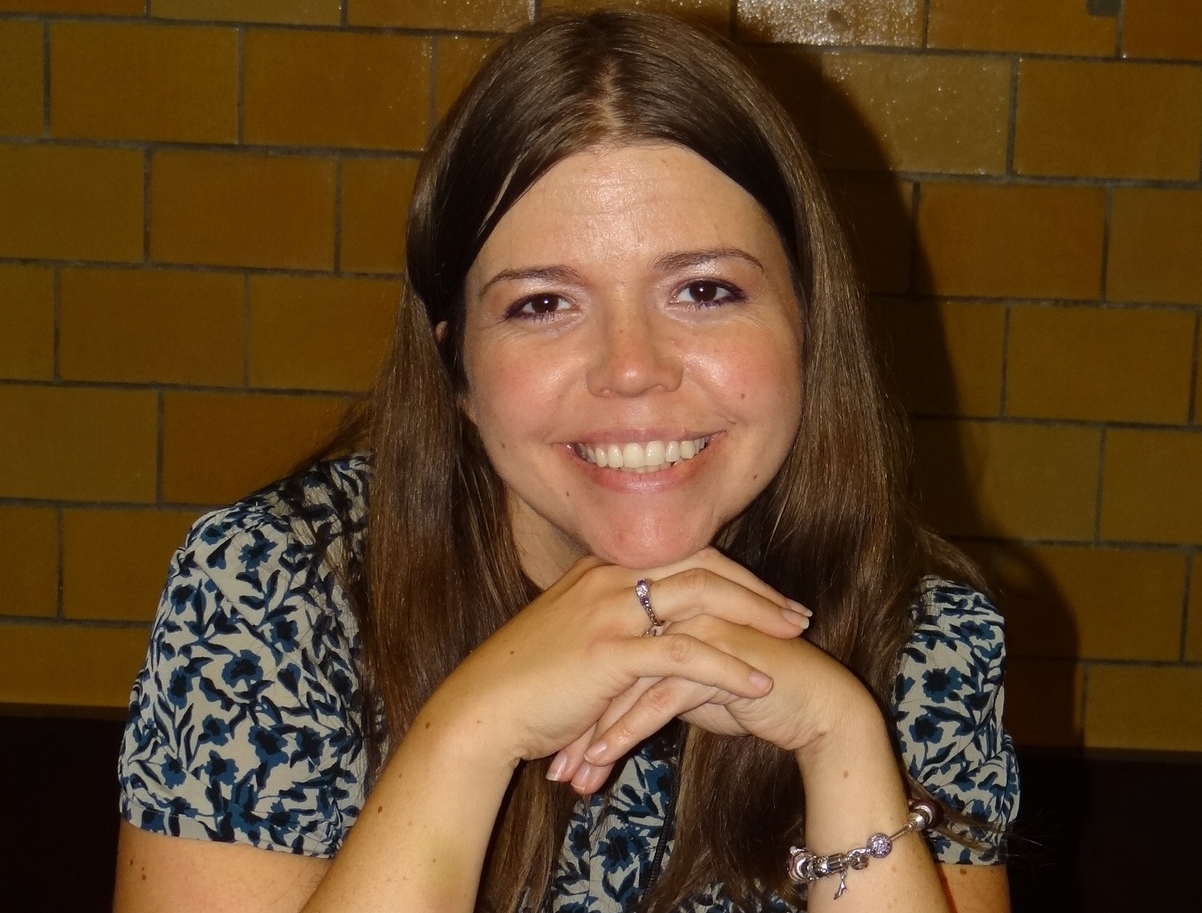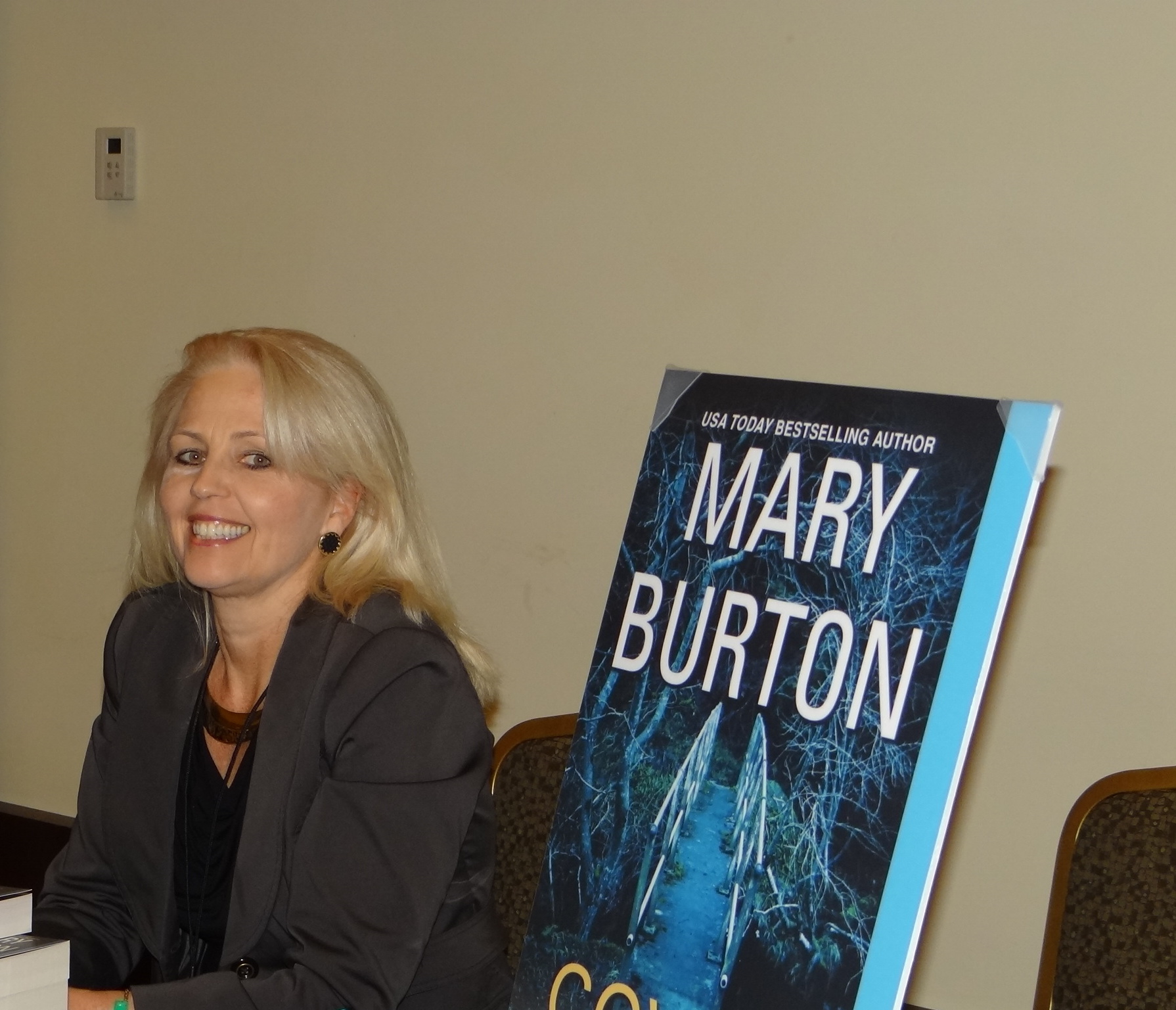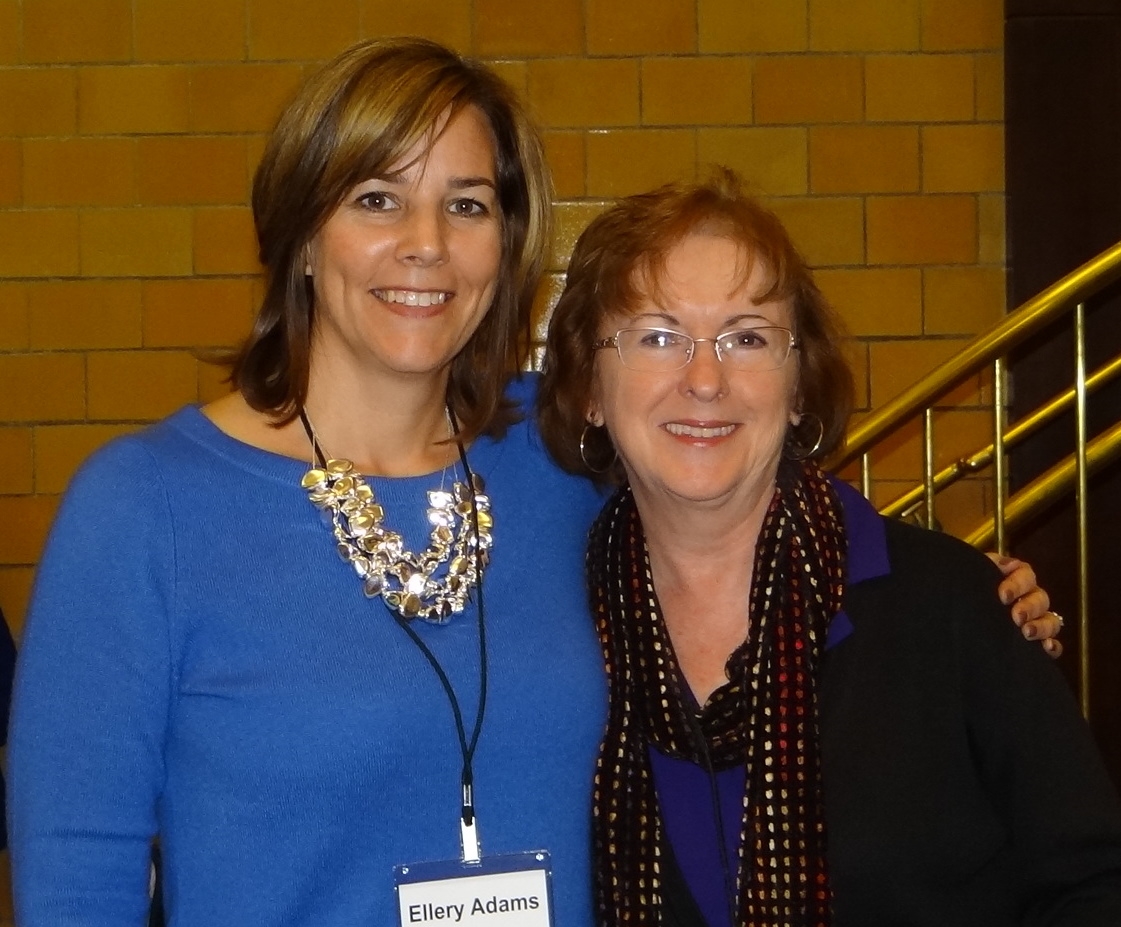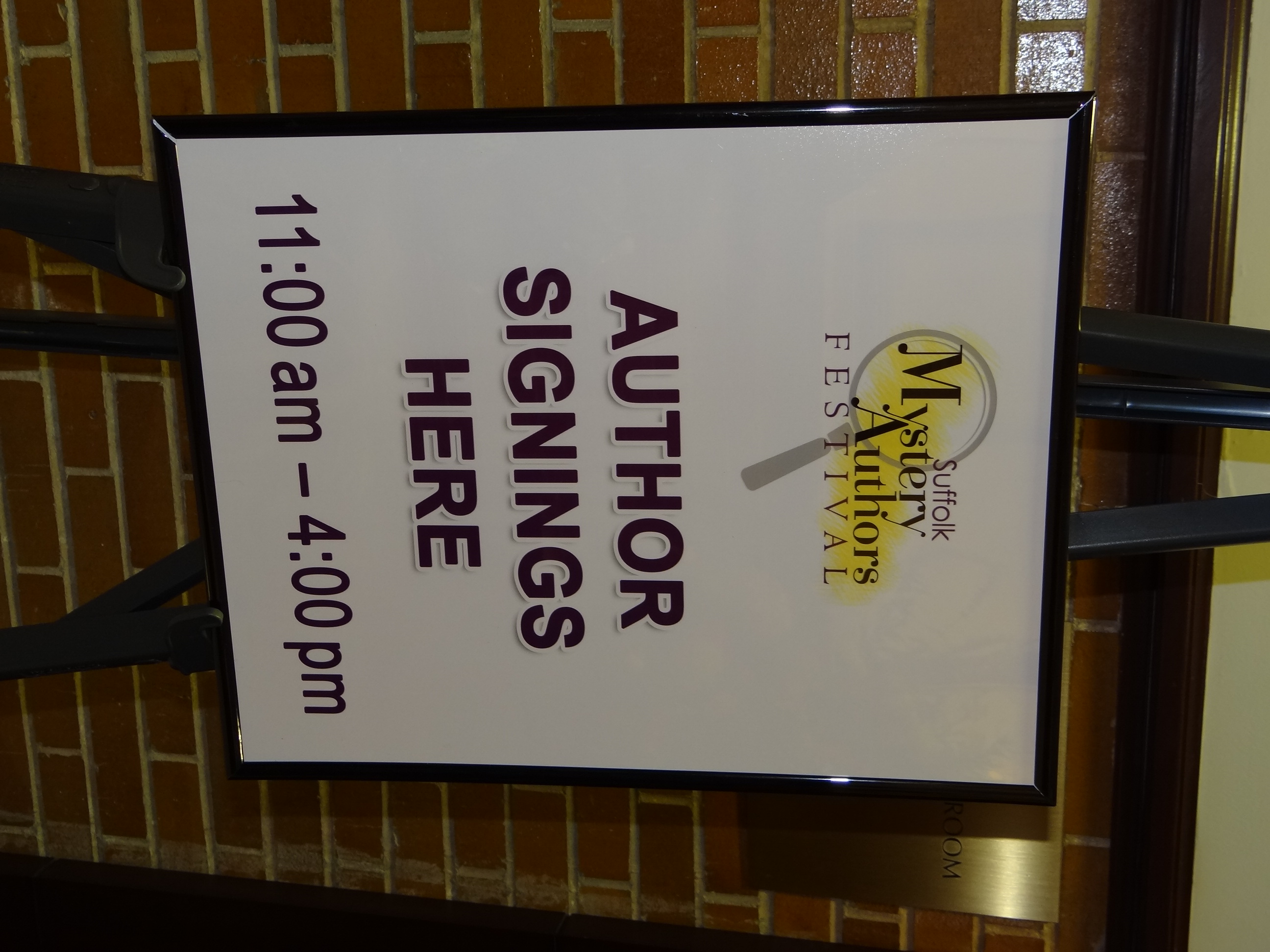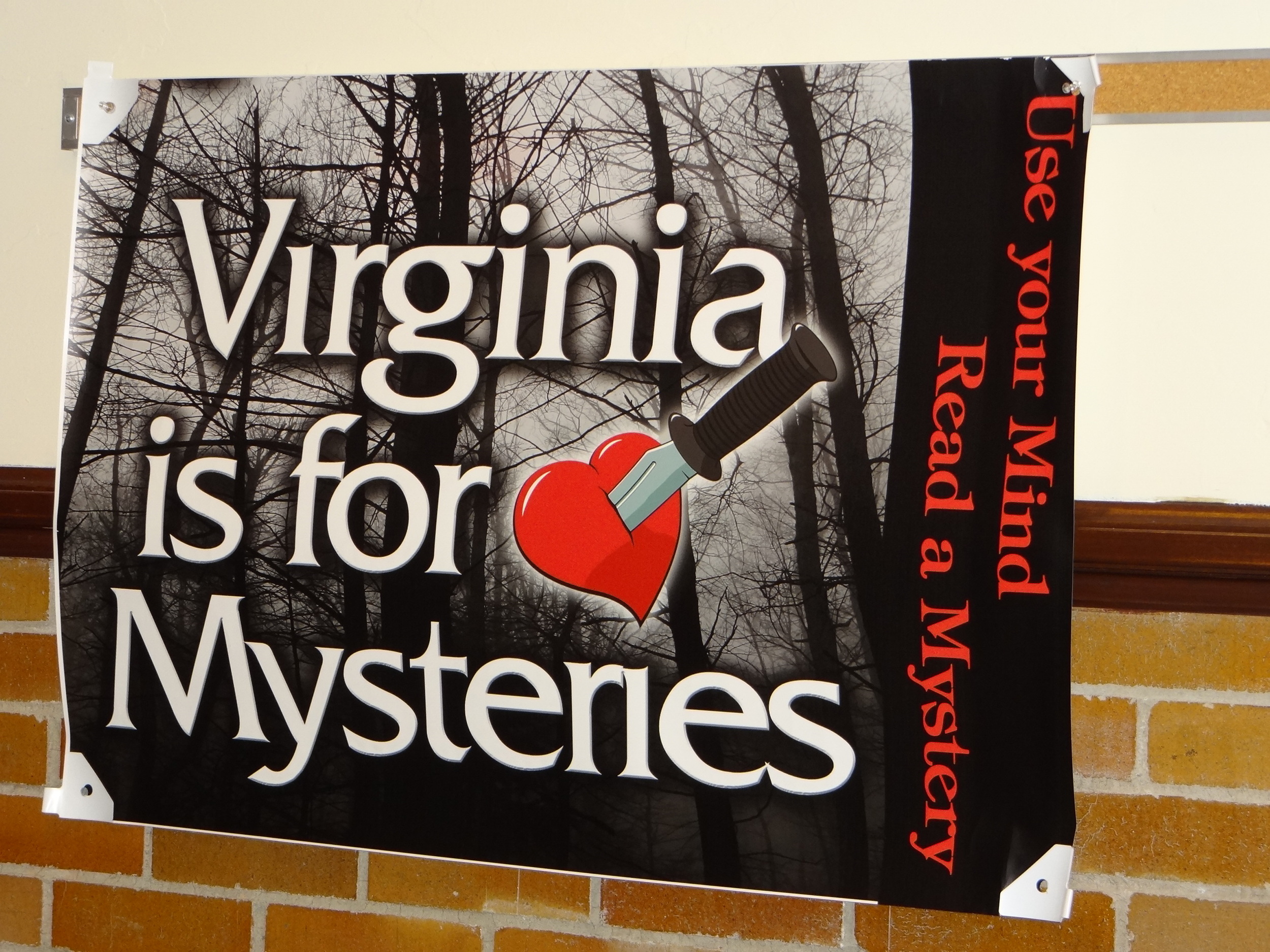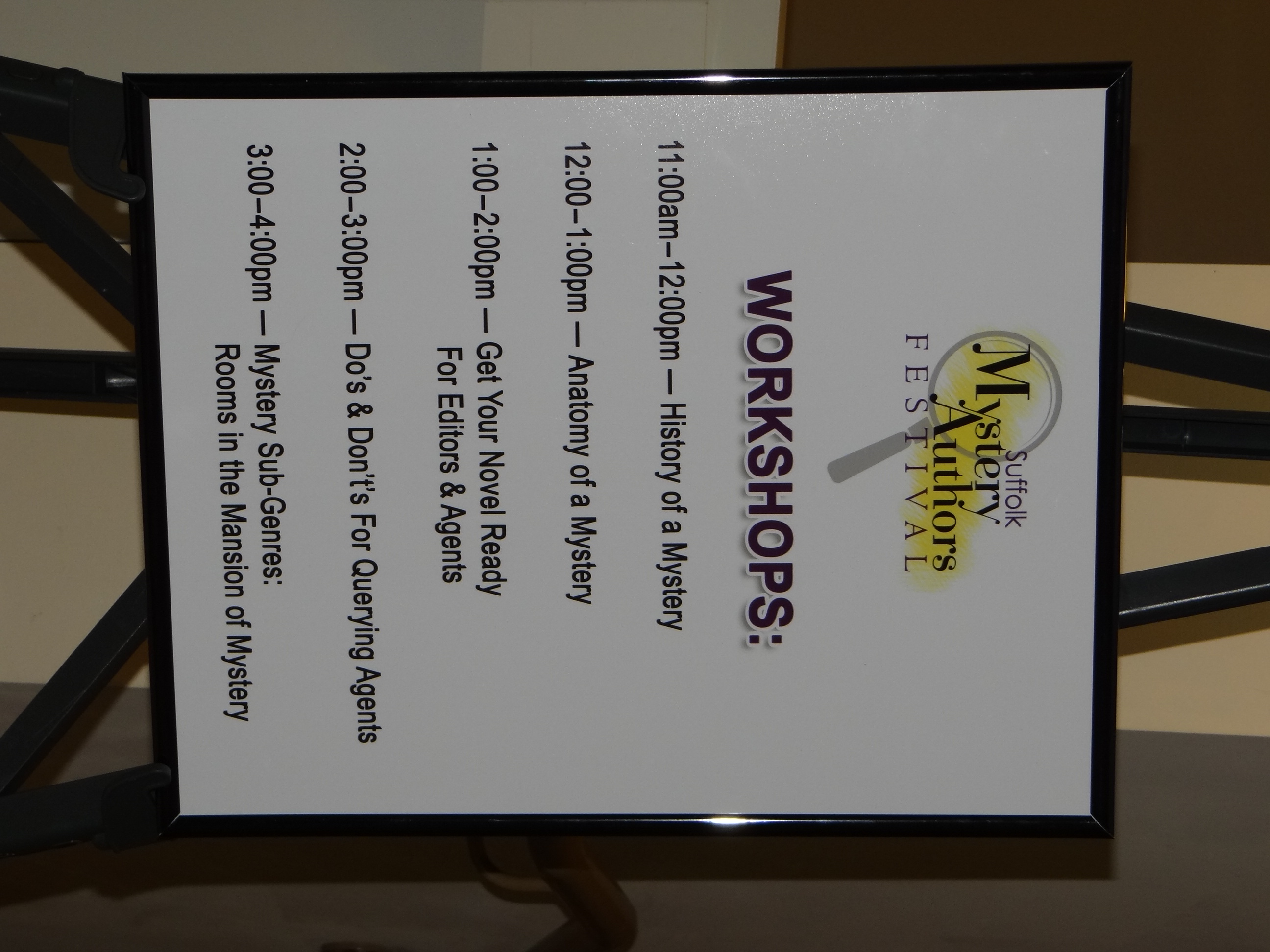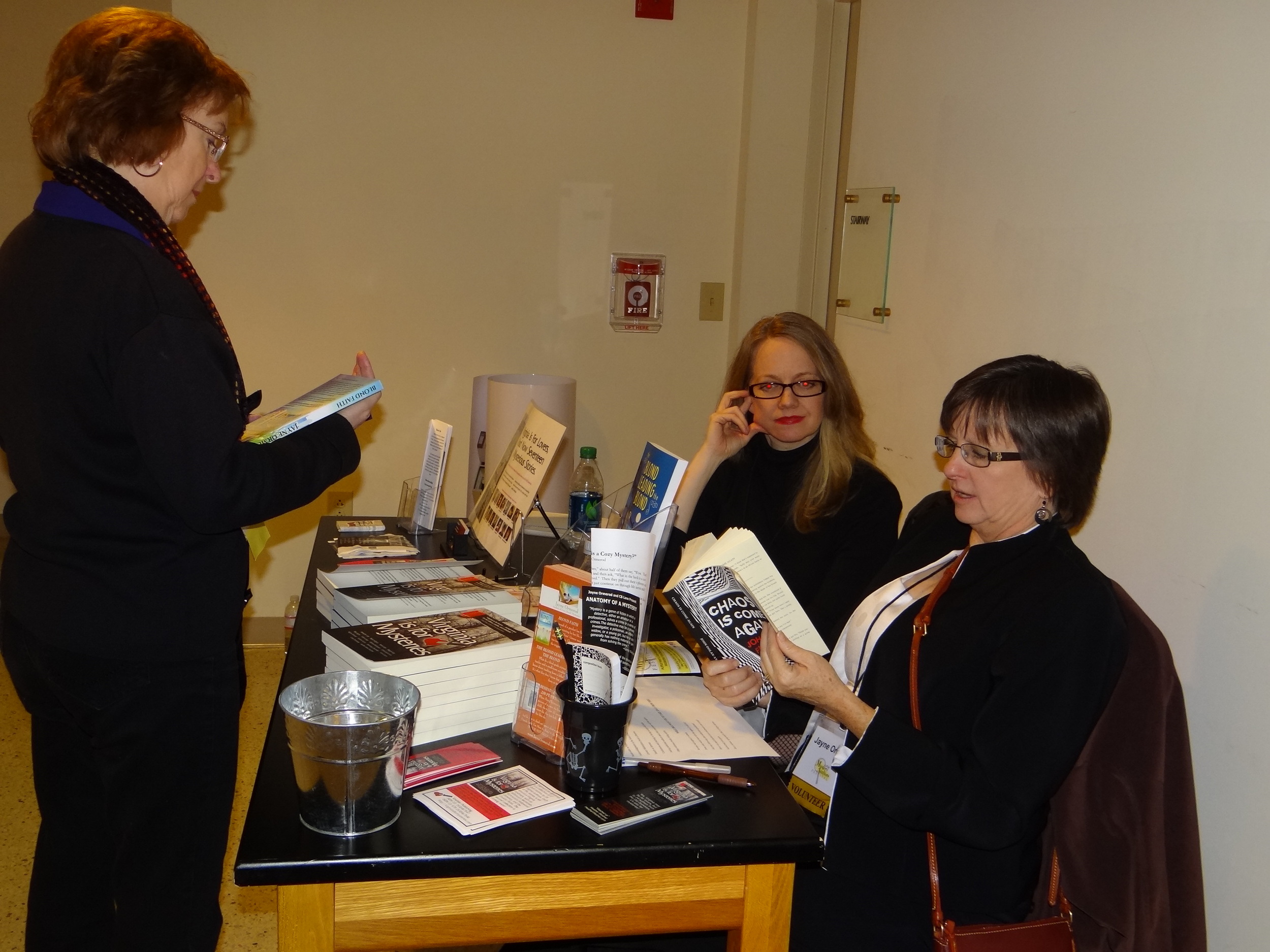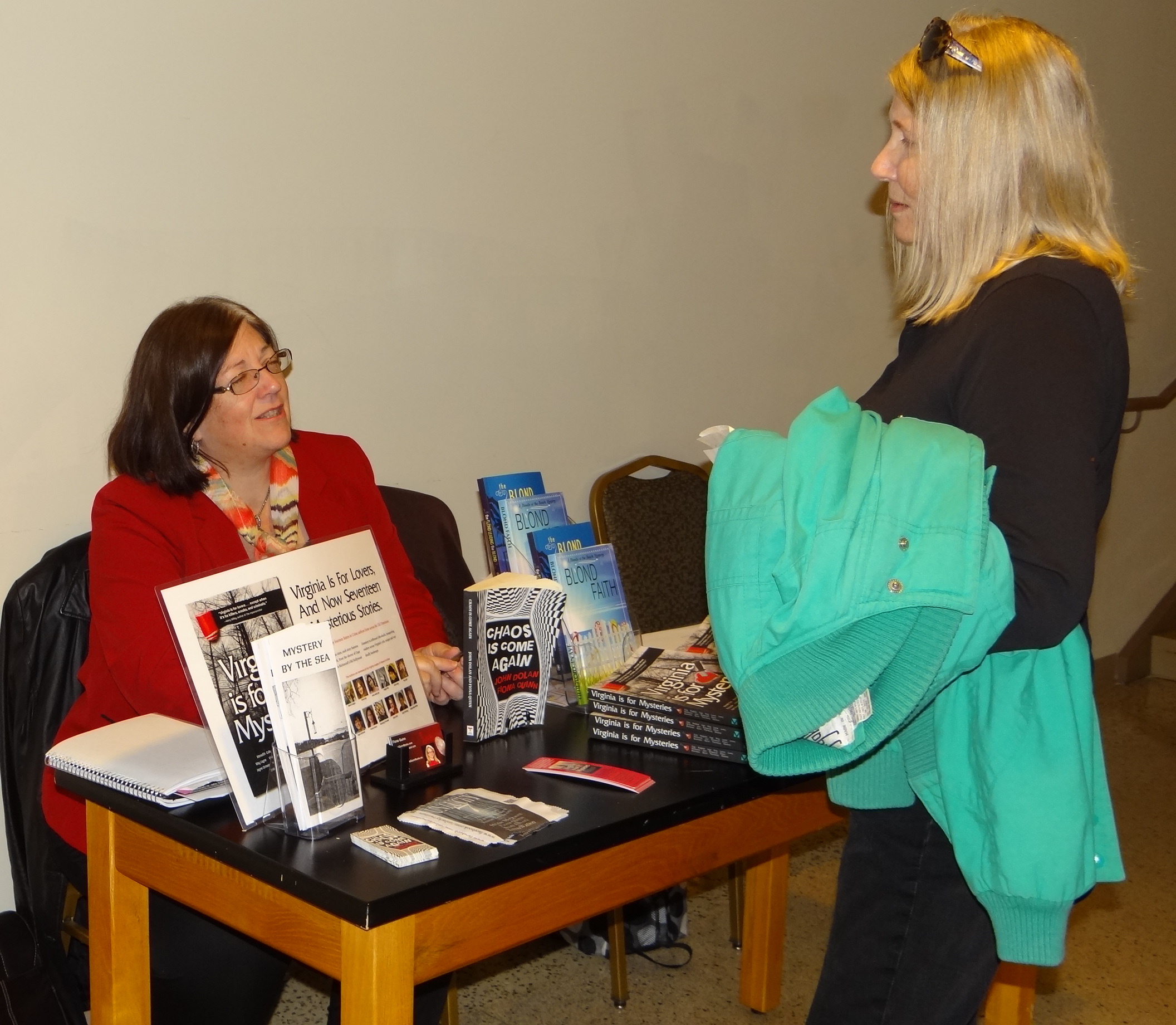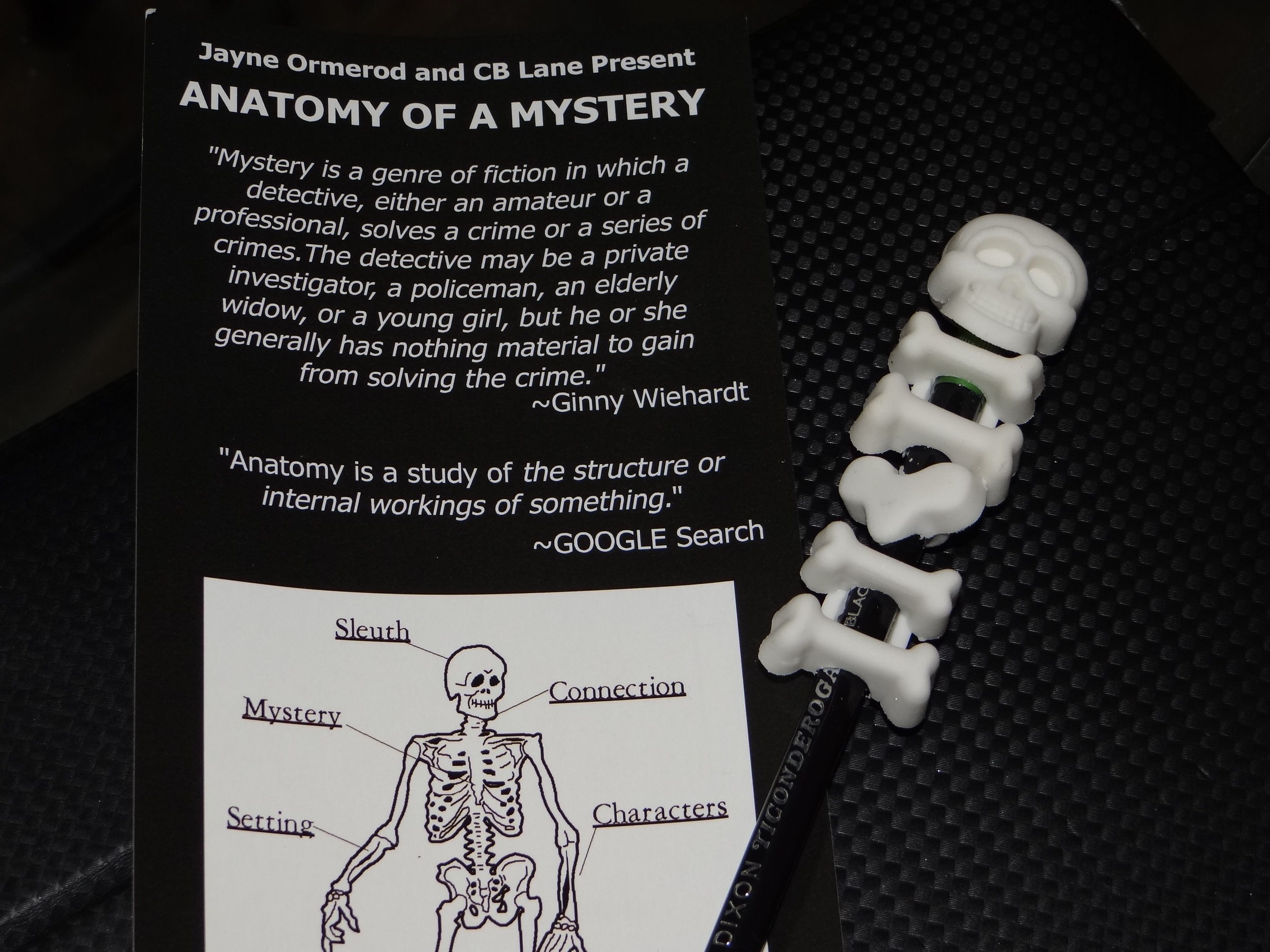Snow Days are Great for Reading and Writing
/We got another round of the white stuff yesterday. I'm hoping it's winter's final hurrah. The sleet, freezing rain, and snow are getting tedious. But, late starts, early releases, and snow days are great for reading and writing.
I finished Ellery Adams' Murder at the Mystery Suite. Her cozy, set in the mountains of Virginia, takes place at a resort for book lovers. I'm ready to schedule a vacation in her idyllic village. Her characters and world are fun and full of whimsy. But don't get too comfortable. Someone is willing to kill for a first edition.
Last night, I started Verbal Judo: The Gentle Art of Persuasion by George J. Thompson and Jerry B. Jenkins. It's full of lots of good advice for anyone who has to deal with people.
On the writing front, I'm collecting all of the second round of edits for Virginia is for Mysteries II. We are almost ready to send this to the publisher. I'm excited about our latest collection of stories.
And tomorrow, our SinC-CV group is hosting a boot camp about how to use social media.
I hope your weekend is filled with lots of opportunities for reading and writing. And maybe spring is really around the corner...




